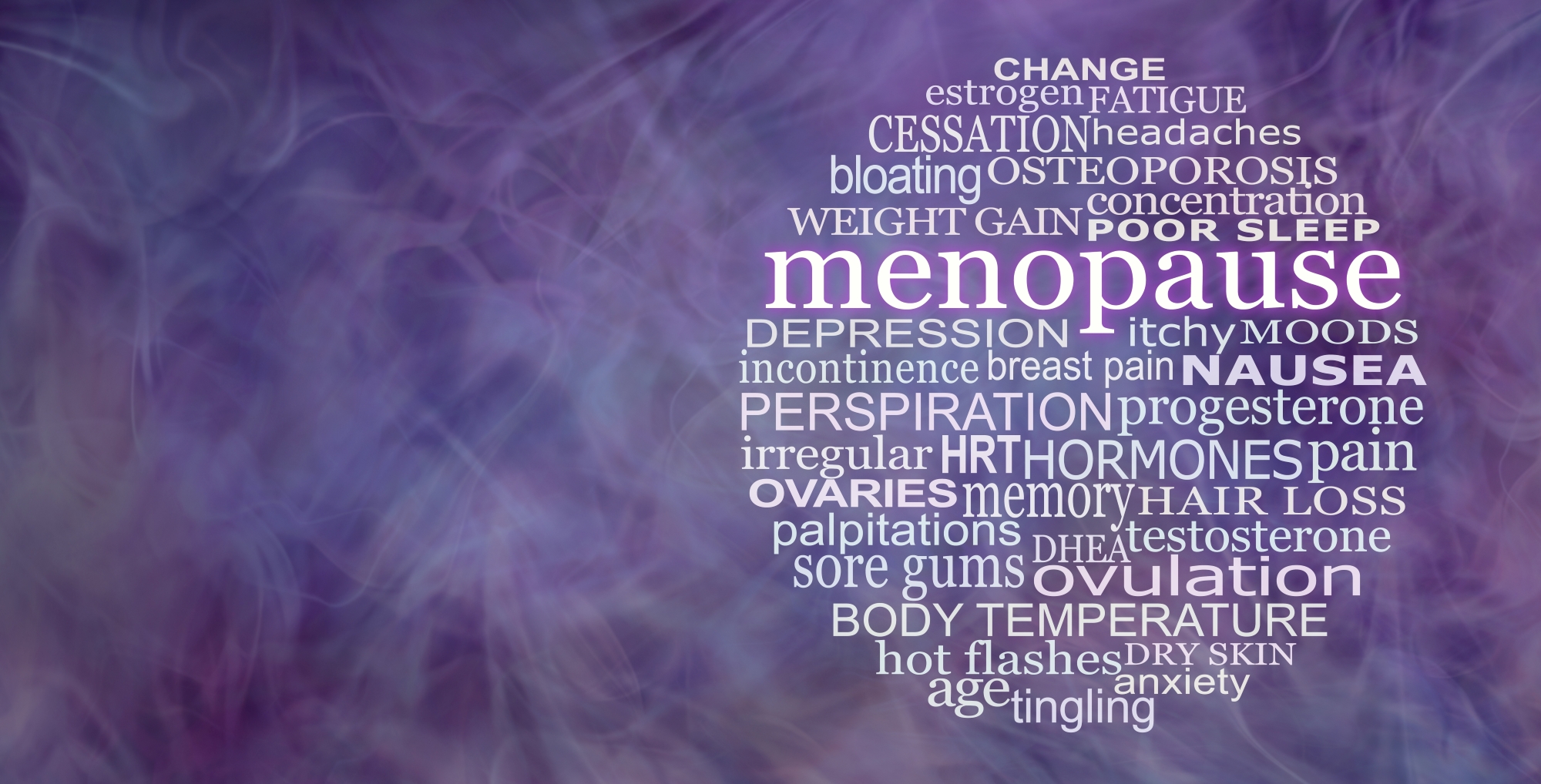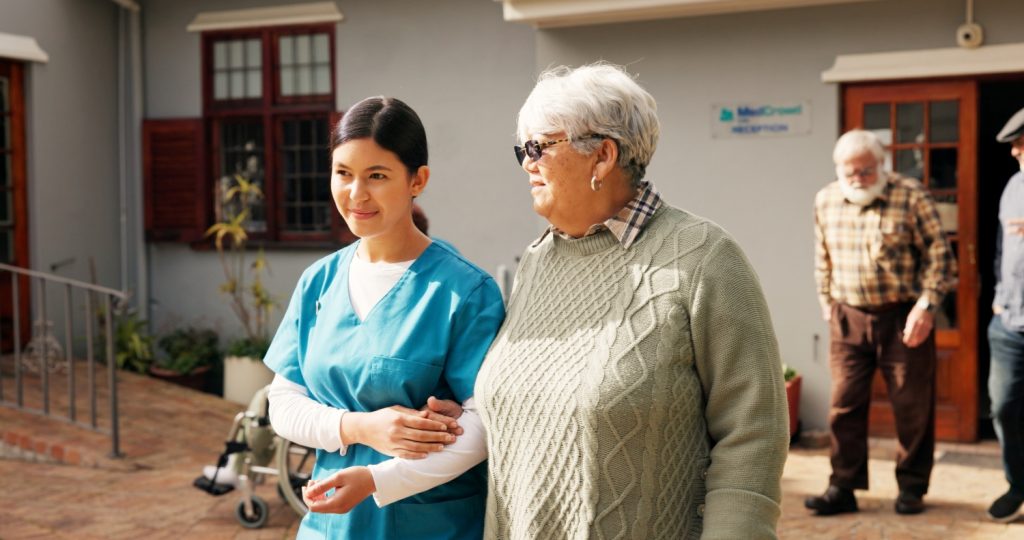My aim in this article is to address the stigma around menopause; define “stigma” and how it applies to menopause, and proffer ideas about what we might do to reduce it. There are a few definitions of stigma, but those most relevant for this topic are:
“A strong feeling of disapproval that most people in a society have about something, especially when this is unfair.”
“A mark of disgrace associated with a particular circumstance, quality, or person”
“Stigma, originally referring to the visible marking of people considered inferior, has evolved to mean a negative perception or sense of disapproval that a society places on a group or individual based on certain characteristics such as their socioeconomic status, gender, race, religion, appearance, upbringing, origin …” or menopause!
On reminding myself of this definition, I find it shocking that terms such as “disgrace, negative” and “disapproval” have been applied to a natural biological process that all women who live beyond the lifespan of their ovaries experience. Menopause is the final menstrual period, a sign that ovaries no longer develop and release egg cells and no longer produce key hormones: estrogen and progesterone.
The consequences of menopause are many, both in terms of symptoms and long-term health issues. This can indeed be a negative time for many, with distressing symptoms that can hugely impact home life, work life, social life and sex life, but why should that be disgraceful, or subject to disapproval?
For many years, there has been discomfort around discussing issues related to women’s health, not least menstruation and genitals, as well as menopause. Being brought up in an era when gynecological problems were referred to as “women’s troubles,” as a gynecologist I have been keenly aware of the need to discuss health issues with patients in a way they understand, while minimizing embarrassment.
Many women have suffered menopausal
symptoms in silence, with embarrassment
and the assumption that nothing can be done.
Many names are used to refer to the genitals—is this because the words do not easily roll off the tongue, or is it the association with very personal acts of menstruation, passing urine and faeces, and, of course, sexual activity? That I can understand, and while now these topics are beginning to be spoken about more freely, especially in relation to checking signs to enable early detection of cancer, I am saddened that the natural process of menopause has been tarred with the same brush. However, it’s clear we still have a long way to go before discussions about the vulva, clitoris, orgasm, vagina, anus, penis and testicles will become commonplace.
Whatever the reasons, many women have suffered menopausal symptoms in silence, with their embarrassment and assumption that nothing can be done being perpetuated by sayings used in the past such as “it’s just your age,” “it’s that time of life,” etc. At the same time, many other women have been able to talk openly without fear of disgrace or disapproval.
Clearly the menopause transition and post-menopause experience, response to treatments if needed, and comfort or discomfort in being able to describe, discuss, seek help, and make informed decisions, is unique to us all.
While the menopause process is essentially producing less estrogen, it is not just about estrogen. If it was, we would all be affected in exactly the same way and would all respond to treatment in the same way, which is not at all the case. Each individual menopause experience, consequences and actions are bound up with many influencing complex factors including nutrition, lifestyle, relationships, life stresses, past experience, culture and ethnicity.
In the U.K., after many years of healthcare professionals, influencers, menopausal women, and at times celebrities, speaking more about menopause in publications, mainstream newspapers, radio and television, as well as on social media, at events, and in cafes and workplaces, we can rejoice in the fact that it is now more acceptable to talk about menopause. But it’s only been in recent years that menopause has become a bigger part of conversation.
I frequently recall advice given to me when I started placing Menopause Matters magazine in main street shops and supermarkets—I was advised to change the name, because “no-one would want to be seen picking up a magazine with the word Menopause on the front cover.”
I did not follow that advice! But through much more regular discussion, it is now recognized as a normal process, which can have significant consequences for many and for which many management options are available.
But the consequence of menopausal changes on the vagina (dryness, thinning of walls and decreased elasticity) and bladder (increased frequency of urination, incontinence) are still under-discussed, under-reported, under-recognized, and hence under-treated, with significant distress and impact on many people’s quality of life. Stigma continues to surround this topic, which is proving difficult to reduce. Perhaps this is due to the nature of the problem, effects on the “vagina,” that very scary word, affects on sexual activity, as well as on urinating, another scary topic! This area will take longer to address, even in the U.K.
Finally, a word of caution. With many open conversations about menopause, quite a few “experts” and “specialists” have appeared, who are dispensing misinformation, causing some women to feel pressure to take treatments and actions that may not be appropriate.
So, while we can celebrate the massive reduction in stigma around many aspects of menopause, we should continue to respect that some women would still prefer to deal with this phase privately and that advice sought should always come from a trusted source.
Dr. Heather Currie, MBE, is an associate specialist gynecologist specializing in menopause, trustee and past chair of the British Menopause Society, spokesperson for the Royal College of Obstetricians and Gynaecologists and creator of Menopause Matters.
Photo credit: Shutterstock/Nikki Zalewski













